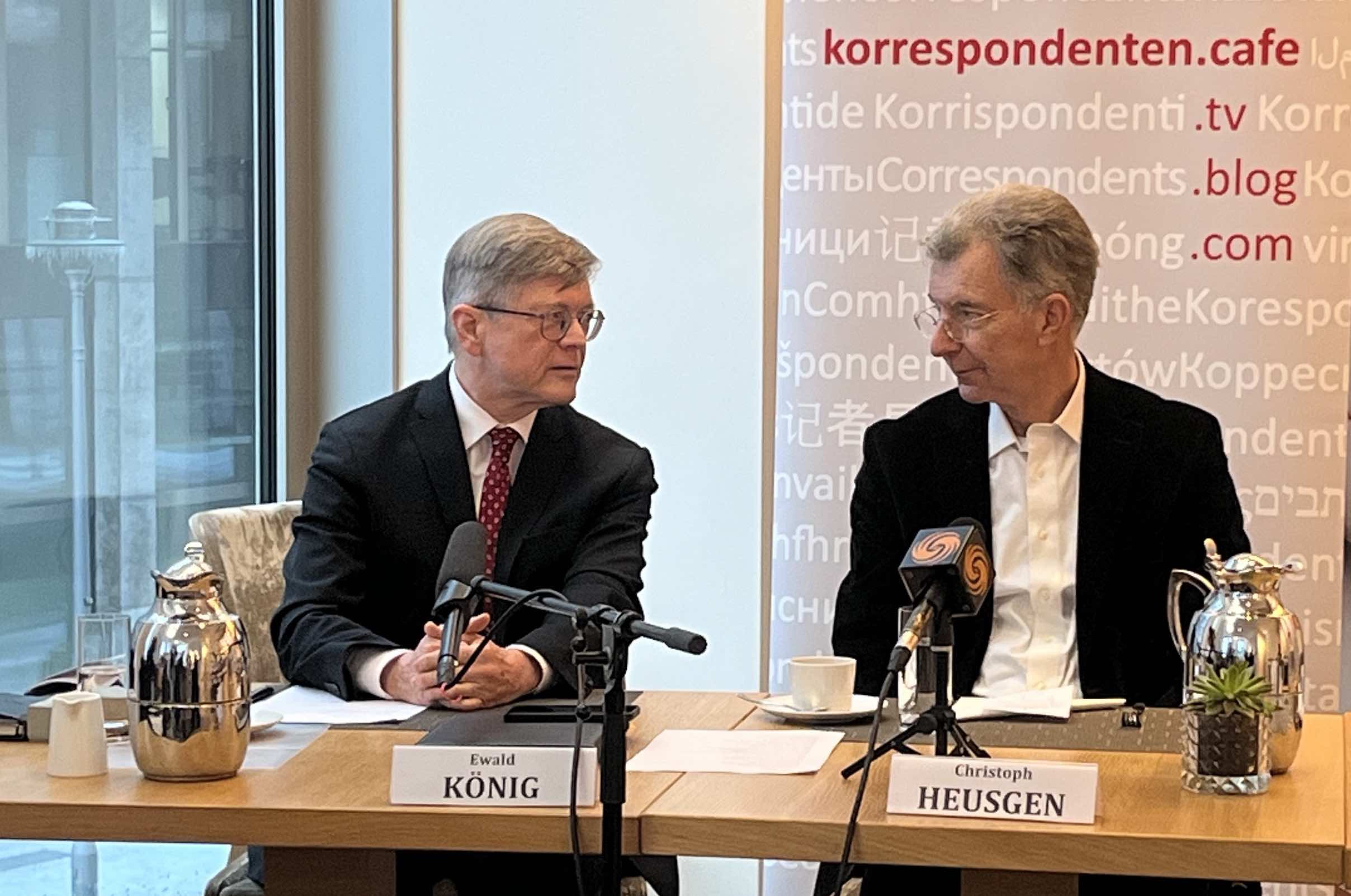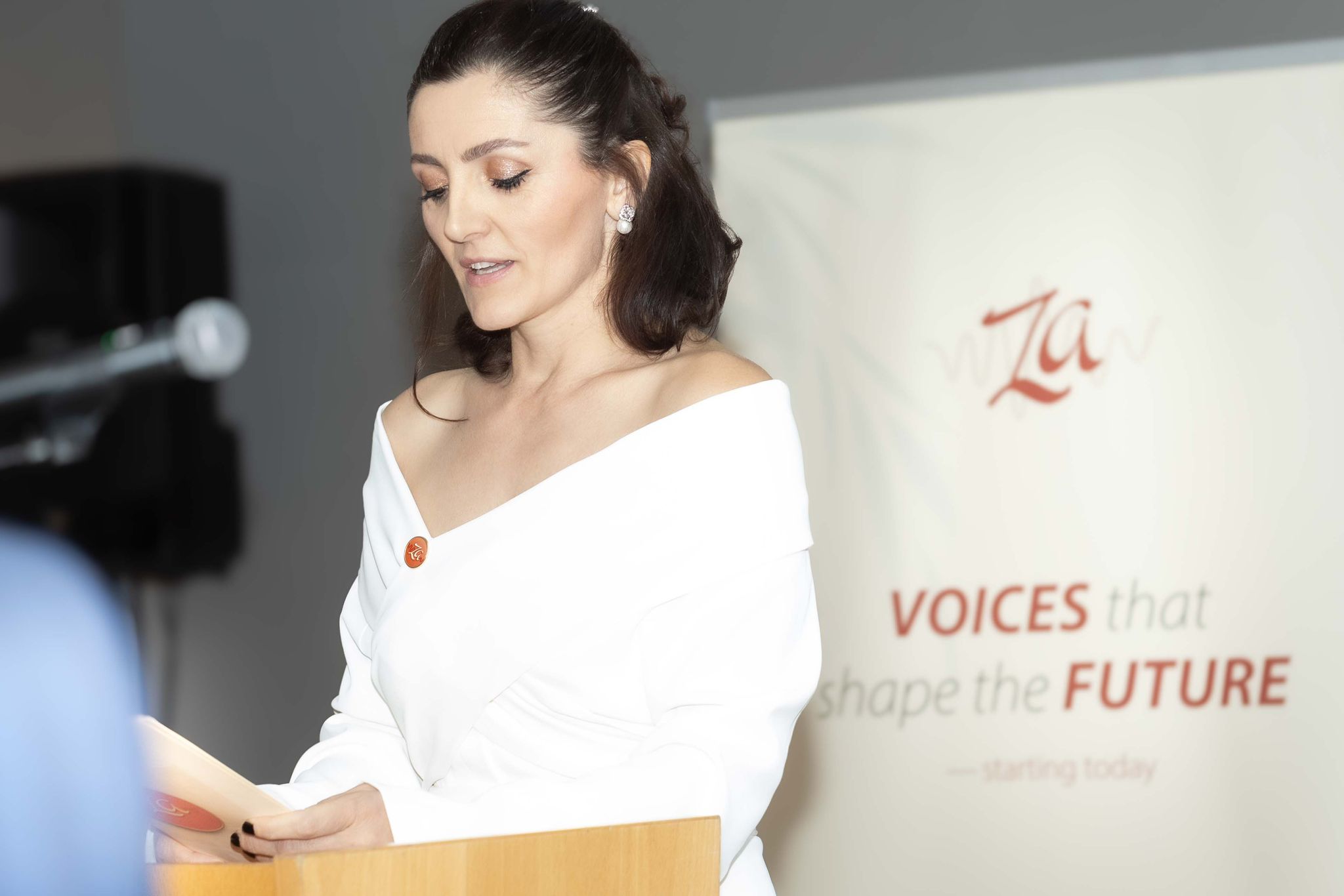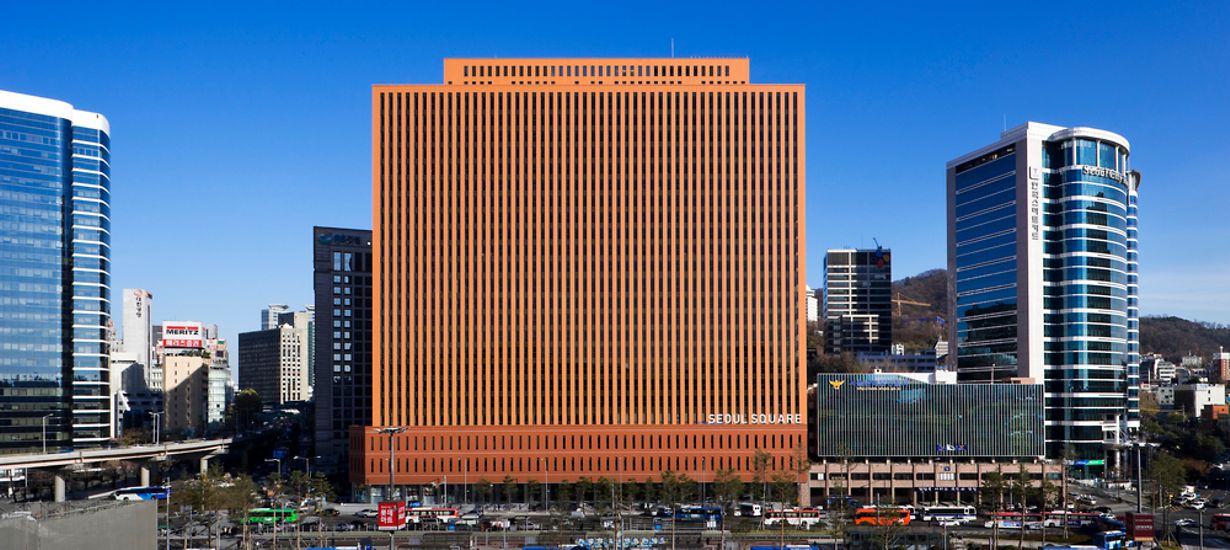diplo.news
Sanctions are not a strategy
By Gudrun Dometeit

It always sounds a bit like a gift when Europeans talk about a package they have in store for Russia. This time it is the 17th, compact, jointly put together package, but one that is unlikely to bring much joy. A few days ago, the EU adopted new sanctions: A further 200 of the Russian shadow fleet of up to 1000 ships are to be denied access to ports in order to make the illegal transport of goods and raw materials more difficult. Even more shipping companies, including from the United Arab Emirates, Turkey and Hong Kong, insurance companies, defense and oil companies, as well as individuals were added to the sanctions list.
Since the start of the Ukraine war in February 2022, the EU has imposed trade and travel bans on around 2,400 people and institutions in Russia, frozen 28 billion euros of private assets, as well as state reserves of 210 billion euros. The extent of the sanctions is unprecedented in the history of Europe.
After three years of war, however, it must be allowed to ask what the ever further escalation of punitive actions, which EU Commission President Ursula von der Leyen (CDU) has just triumphantly announced, actually brings. Since the nineties of the last century, sanctions have become an increasingly popular instrument of European (and also American) foreign policy. They are almost a trademark. Europe currently applies around 40 sanctions regimes, not only against Russia but also against Belarus, Venezuela, Iran, China, Syria, among others. Compared to the latter, the EU now wants to ease the coercive measures. All scientific evaluations so far have shown that sanctions have only rarely been successful, in any case not when they are aimed at a fundamental change in policy or behavior in other countries.
That is why the Europeans' attempt a few days ago to force Russian President Vladimir Putin into a ceasefire in Ukraine with the help of a new package of sanctions seemed, if you will pardon the expression, naive. Russia's economy has suffered under the economic restrictions imposed by the West, without question. And the new sanctions will also hurt. The war economy already accounts for 40 percent of the budget, inflation is rising, and prices for medicines and food are also climbing. And the sanctions policy has certainly also affected Russia's military capabilities in the war against Ukraine.
But as long as countries such as China, India, the United Arab Emirates or Turkey do not participate in the punitive measures, Putin's cost-benefit calculation will be limited. So-called smart sanctions against members of the Kremlin elite or oligarchy have also remained virtually ineffective - the hope that they could turn on Putin, that there would even be a regime change, has not been fulfilled. A study by the Berliner Stiftung Wissenschaft und Politik, which also advises the federal government, shows that with increasing pressure from outside, the leading class in authoritarian states tends to rally more closely around their leader. And that the willingness to use violence internally and externally can increase.
Sanctions are also no substitute for a strategy. What should follow a 30 days ceasefire? What incentives could Europe create for real negotiations? What independent considerations that do not depend on Donald Trump are being made by European leaders? There is little to be heard. After all, the US President cannot be denied that he has brought movement into the deadlocked situation. He will not want to bother with the details of negotiations - an opportunity for the Europeans. Unfortunately, their announcement of further sanctions looks more like a substitute action, intended as a self-proclamation of new unity, but not as a serious plan to end the war in Ukraine.




